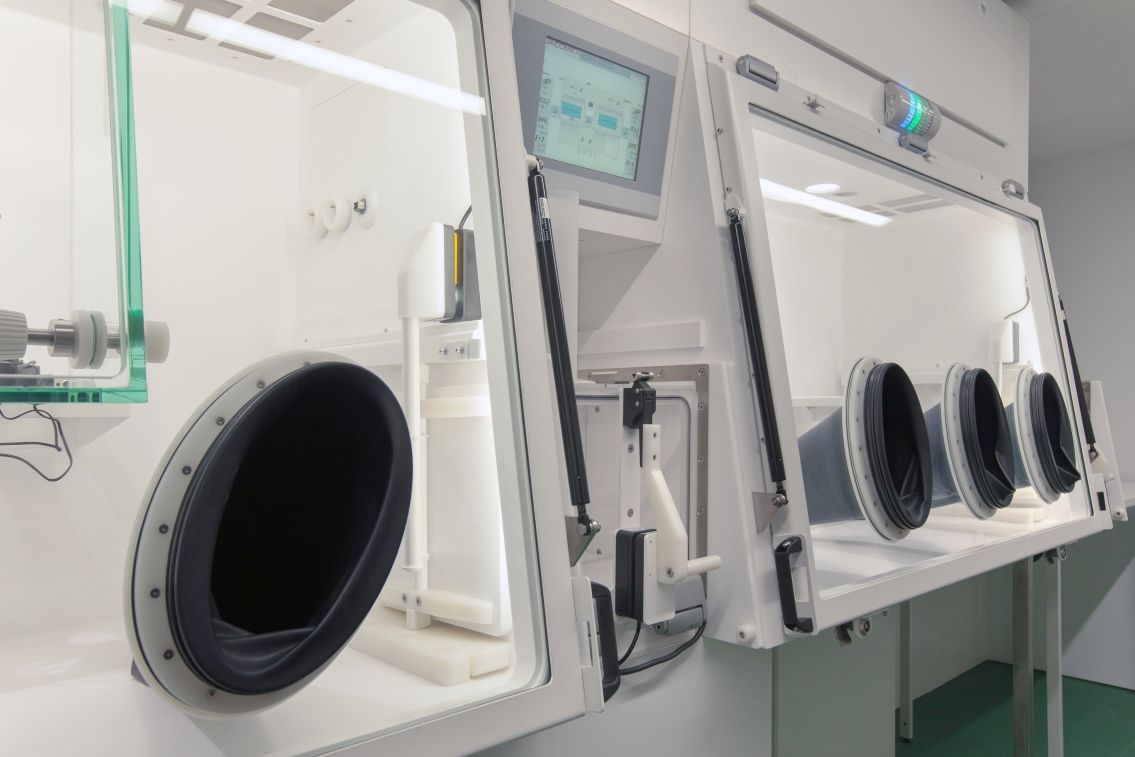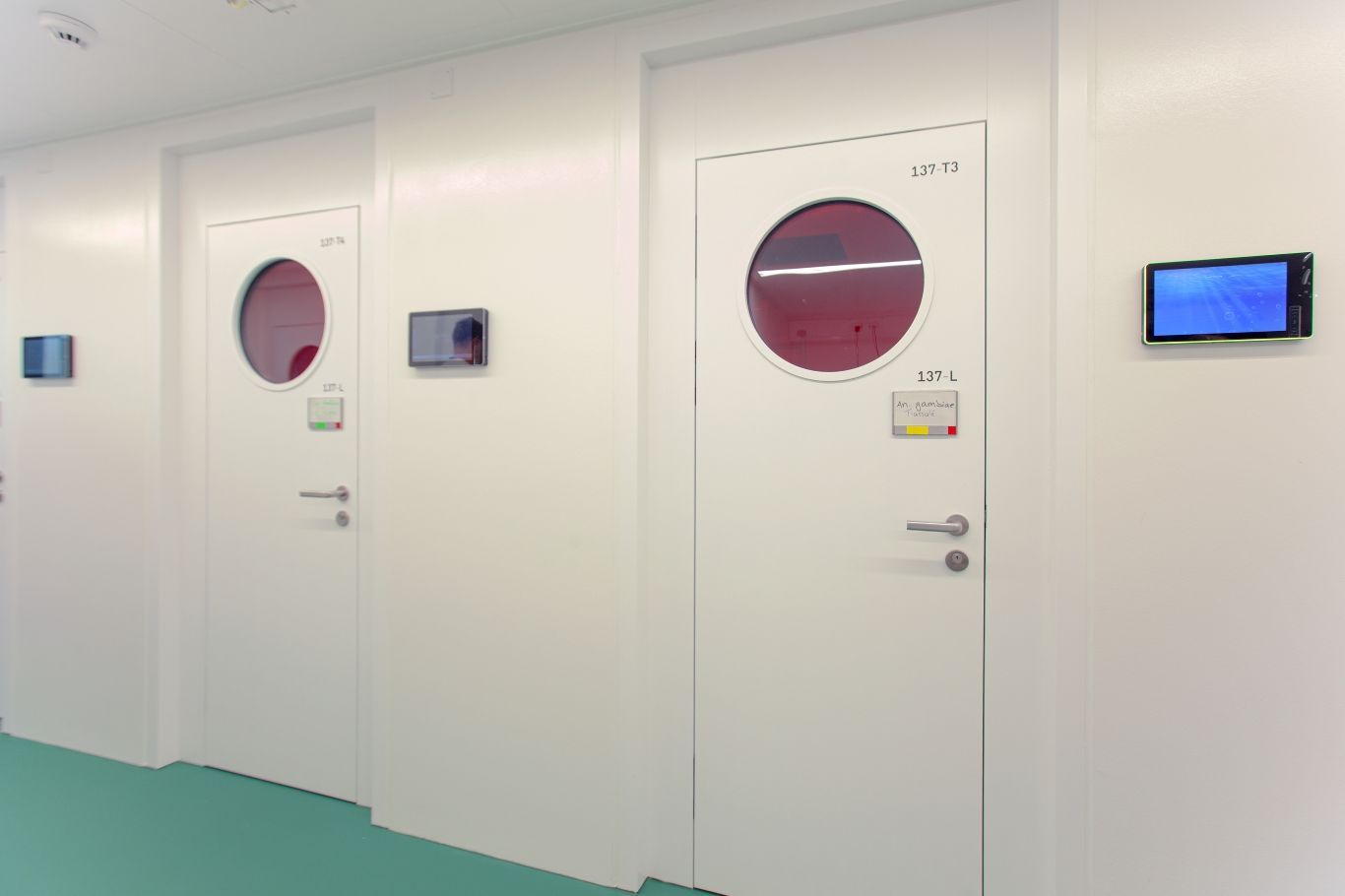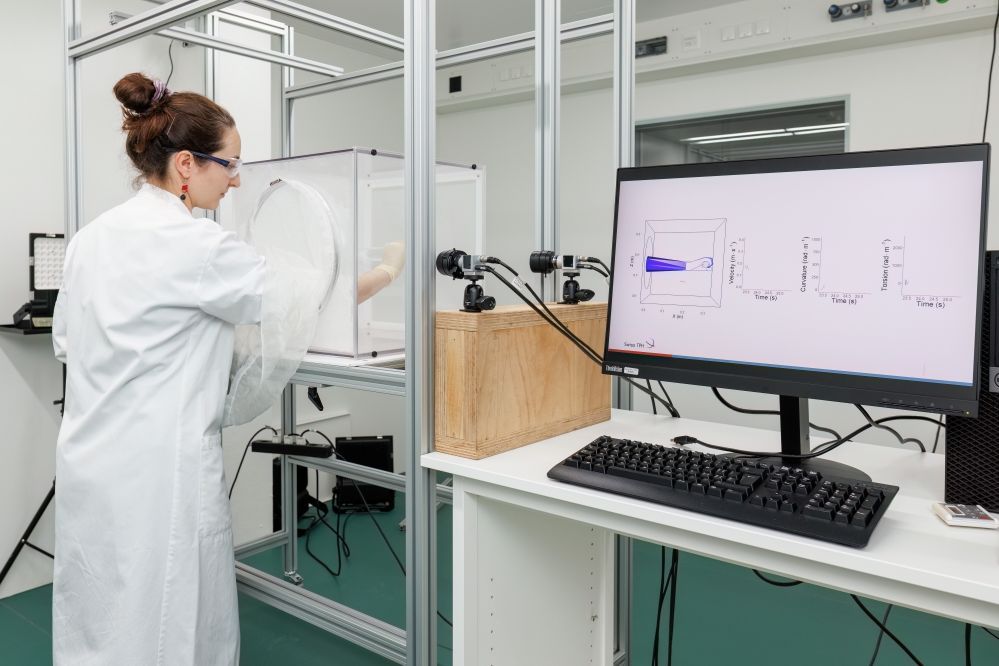Arthropod Facility
Many species of blood-sucking arthropods, such as mosquitoes, sand flies or ticks, transmit pathogens from one host to another, causing disease in humans and animals, and are called ‘vectors’. Mosquitoes are particularly important vectors because they spread some of the most devastating infectious diseases, such as malaria and dengue fever.
To study the biology of arthropod vectors and to develop new tools for vector control, Swiss TPH has a unique facility with state-of-the-art biosafety laboratories and highly specialised rooms. The facility is divided into two areas: an insectary and an area with several research and testing laboratories.
The insectary consists of a series of climate-controlled rooms and cabinets in which various arthropod species, mainly mosquitoes, are reared. Temperature, humidity and day/night light cycles are controlled to suit the needs of each vector species, many of which require tropical climatic conditions.
The research area comprises a number of laboratories and large climate-controlled test rooms that enable research into the physiology, behaviour and ecology of arthropod vectors and the development of new tools for vector surveillance and control. The laboratories have specialised equipment including a glove box for the handling of Plasmodium falciparum infected mosquitos to study host-pathogen interactions, climate chambers, 3D near-infrared video tracking, olfactometers and equipment for high-throughput screening of new active ingredients for vector control. Personalised access control, a cooled air lock, automated air curtains and other safety features prevent the escape of mosquitoes and other arthropods, enabling work with invasive species.
Contact


